April 14, 2025 | 08:46 GMT +7
April 14, 2025 | 08:46 GMT +7
Hotline: 0913.378.918
April 14, 2025 | 08:46 GMT +7
Hotline: 0913.378.918
Located in Thanh Long border commune, Chau Thanh district (Tay Ninh), Tran Thi Hanh's industrial chicken farm with a scale of nearly 100,000 chickens is considered one of the largest and most modern chicken farms under the solar power roof in the locality.
According to Ms. Hanh, her farm area is quite far from the center, so the voltage is unstable; raising chickens on an industrial scale requires a lot of electricity to hatch eggs, heat chicks, and cool adult chickens.
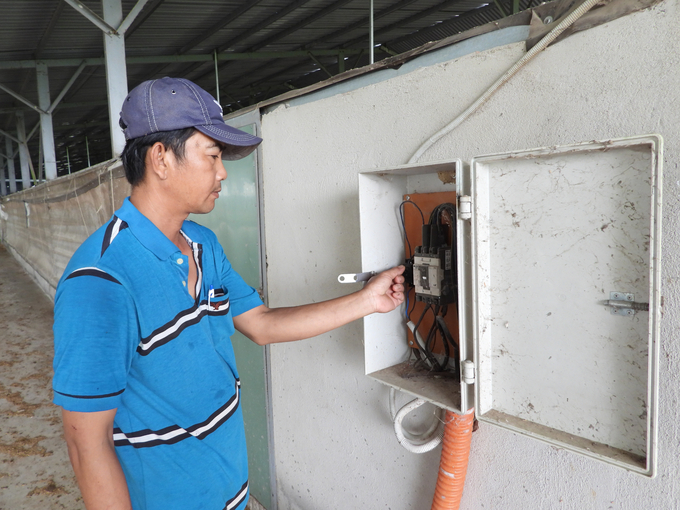
The farm has solved all 3 big problems: reducing the cost of building the barn, no maintenance costs, and not fully dependent on the national grid. Photo: Tran Trung.
To overcome this difficulty, she considered investing in her own substation and installing a solar power system. Accordingly, if she builds a separate substation, the investment cost is large, not to mention the annual maintenance and repair costs.
Realizing that Tay Ninh has sunny hours and high radiation, the solar power system will have many outstanding advantages such as an initiative in electricity for daily life and production, complete replacement for traditional roofing materials such as concrete, corrugated iron, plastic with heat insulation, to help cool the barn, reduce production costs... so she decided to invest in a solar power system with a capacity of nearly 100KW to raise chickens under the roof.
“Although the initial investment cost is relatively large (nearly VND 2 billion), what makes Ms. Hanh most interested in using solar power is that it is very suitable for the conditions of farms far from residential areas. It solved all 3 major problems: reducing the cost of building barns, no maintenance costs, and not fully dependent on the grid. It ensures initiative in production, especially in the rainy and stormy seasons.
"Using solar-powered from the beginning of 2020, my family's farm has saved nearly VND 100 million in electricity bills every month. In addition, after each generation, the farm stops breeding for 10-15 days to disinfect the farm and has extra money by selling electricity to the electrician. I am continuing to invest in 3 more similar farms to expand the production scale," said Ms Hanh.
By the end of 2022, in Tay Ninh province, there are about 110 rooftop solar power projects deployed on 83 agricultural projects. Most of the agricultural projects are projects to grow mushrooms, and plant cloves, and a few projects are projects to raise pigs, chickens, and cows under the solar power system.
According to the Department of Agriculture and Rural Development of Tay Ninh province, the location, geography, and natural conditions of Tay Ninh have many advantages for the development of renewable energy sources compared to neighboring localities. Accordingly, Tay Ninh is an area with high radiation volume, ranging from 4,750 to 5,250w/m2 compared to the national average, along with a total number of sunny hours of over 2,400 hours/year.
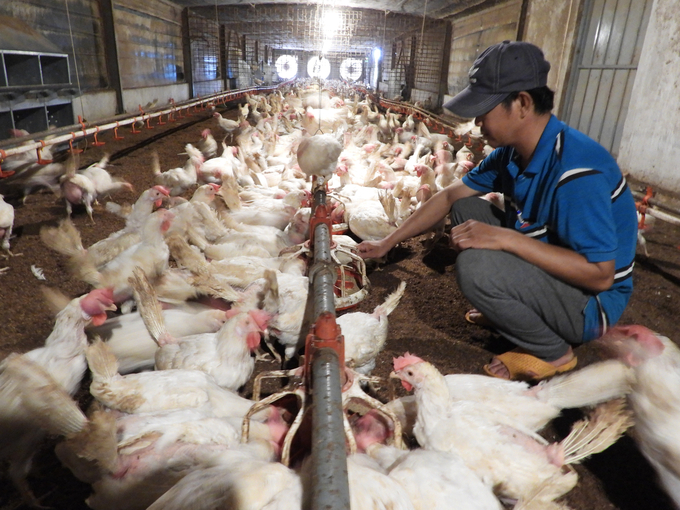
Thanks to stable electricity, Ms. Hanh's chickens grow and develop well. Photo: Tran Trung.
In addition, the locality has a relatively large natural land fund, ranking 4th out of 8 provinces in the southern key economic region. The land is flat, with few hills, favorable for the construction of livestock farms.
Currently, Tay Ninh has the potential to develop two main renewable energy sources, including solar energy and biomass energy. In which, solar power accounts for the highest percentage (99%). Tay Ninh is focusing on developing two types of solar power investment including a set of solar power projects under the national electricity planning, the province's electricity development planning and a set of rooftop solar power projects with household and enterprise scale.
According to Mr. Nguyen Dinh Xuan, Director of the Department of Agriculture and Rural Development of Tay Ninh province, rooftop solar power is considered one of the solutions contributing to the diversification of energy sources, especially clean energy. It improves the ability to supply electricity for the needs of economic and social development, reducing greenhouse gas emissions, and ensuring national energy security.
To develop the application of solar energy in agricultural production, Tay Ninh is developing an application roadmap, supporting people in proving the suitability and potential of crops, and selecting livestock when used in combination with rooftop solar power in the province's agroecological conditions. At the same time, study necessary financial support measures to encourage people to apply new technologies in production.
Translated by Hoang Duy
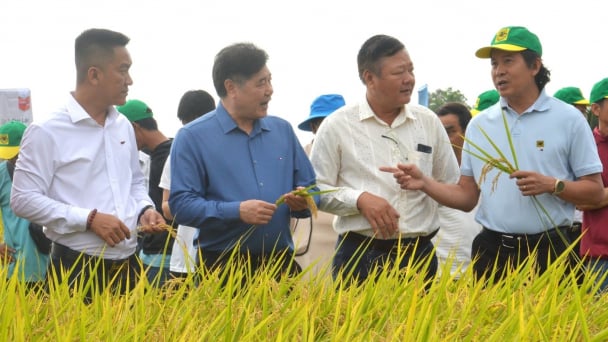
(VAN) The results from pilot fields are catalyzing the expansion of the One million hectares of high-quality, low-emission rice project in Kien Giang.
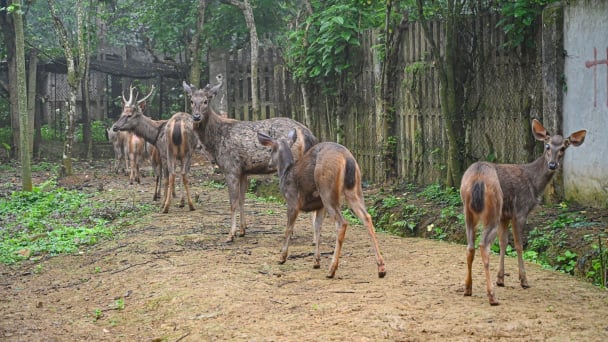
(VAN) On the morning of April 11, Cuc Phuong National Park received 18 individuals of endangered and rare wild animals from Da Nang city.
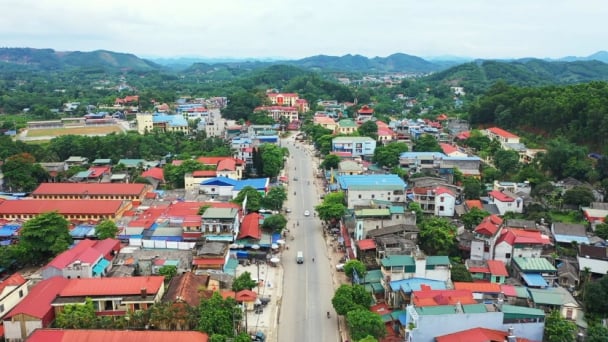
(VAN) FAO supports Vietnam in enhancing survey sampling techniques for the 2025 nationwide agricultural and rural census.

(VAN) By participating in the green transition, manufacturers become an indispensable part of the circular economy, contributing to resource optimization and environmental protection.
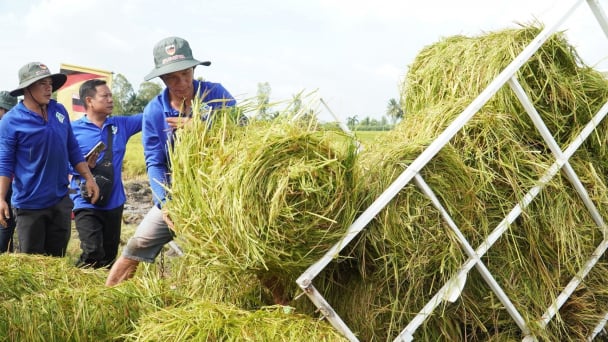
(VAN) The One Million Hectares of High-Quality and Low-Emission Rice Program can generate nearly 14 million tons of straw annually, posing an urgent requirement to diversify straw-based products.
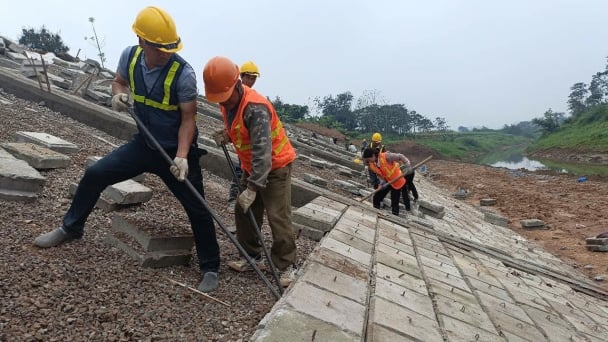
(VAN) This figure was recently announced at a conference held in Yen Bai, focusing on climate-resilient infrastructure development for ethnic minority regions.
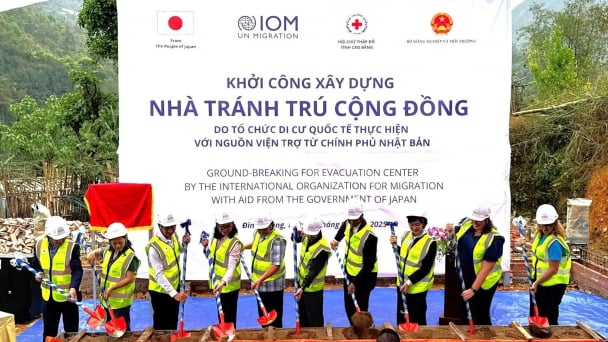
(VAN) The evacuation center is a practical work in efforts to respond to natural disasters and adapt to climate change in vulnerable areas.